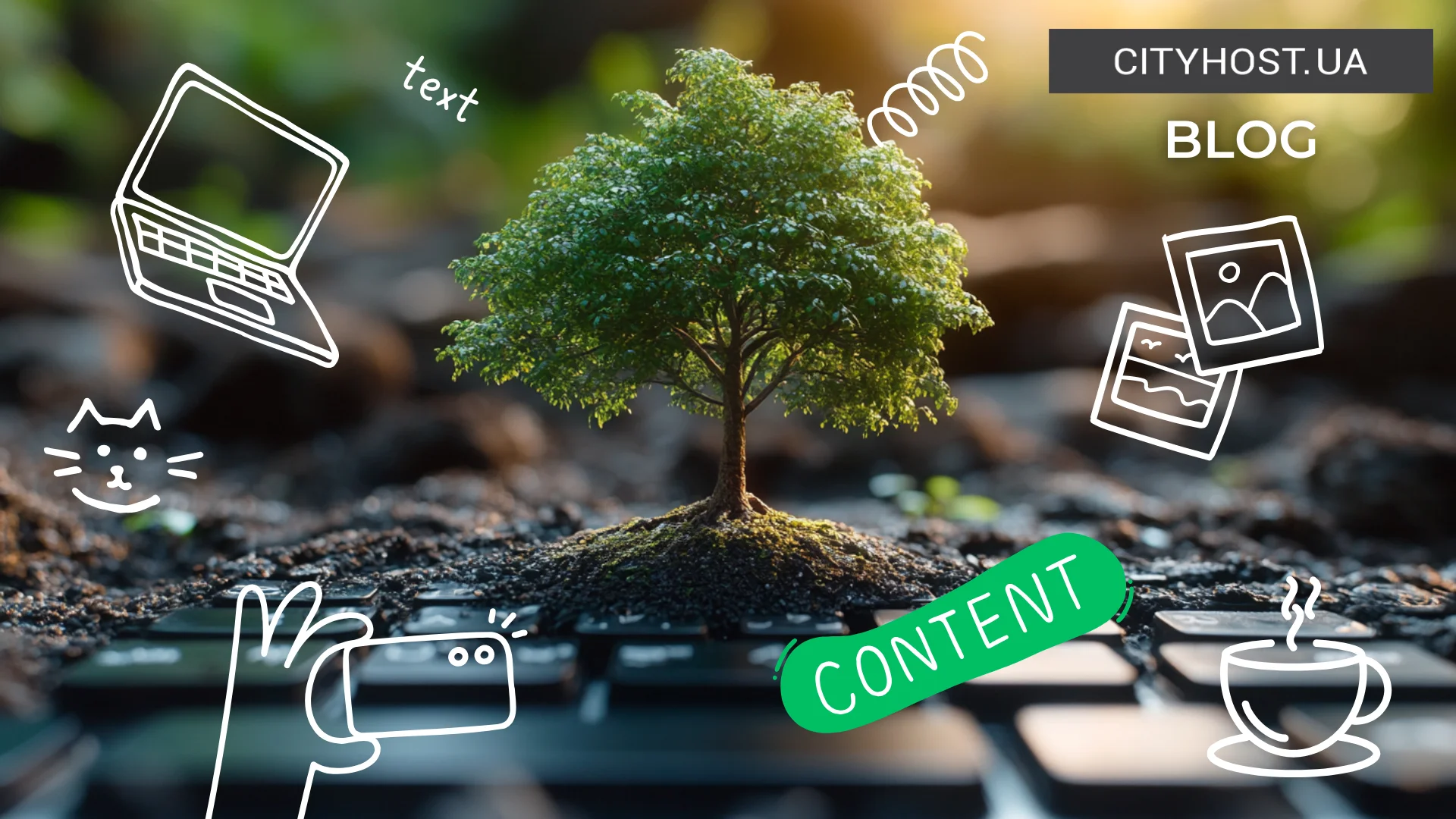
- What Is Evergreen Content
- Constant Benefits: Why Use Evergreen Content
- What Are the Formats of Evergreen Content
- How to Find Topics for Evergreen Content
- Evergreen Content: A Key to Success or One Approach
In the race for traffic, online project owners publish hundreds of materials, resulting only in temporary spikes in visits. This creates a vicious cycle: you spend money and time on new publications → traffic increases → you stop spending → traffic drops. The solution lies in evergreen content — content that remains relevant regardless of the year, season, or event. It is always interesting to people, meaning that an investment in a single article (post, video) continually attracts the target audience, builds brand loyalty, and boosts sales.
What Is Evergreen Content
Evergreen content refers to materials that remain relevant and useful to the audience over an extended period (2, 5, 10 years). It can take various forms, such as website pages, blog posts, videos, or social media content. The key feature is that the content is not tied to current news, temporary trends, or specific seasons, allowing it to generate consistent traffic even years after publication.
The key characteristics of evergreen content include:
- Long-term relevance. The topic remains interesting to the target audience for a long time ("How to Succeed in a Job Interview", "How to Tie a Tie").
- Slow aging. The material is periodically updated with new information, but the core topic stays relevant ("What Is SEO," "How to Save Money").
- Lack of time-bound references. The publication does not mention events, dates, or trends that quickly lose significance ("How to Organize Home Cleaning Properly", "How to Take Care of a Dog").
- High practical value. The content helps solve common problems or answers frequently asked user questions ("How to Attract More Comments to Your Blog", "Why Aren’t There Calls from the Website").
How does evergreen content differ from trending materials? While evergreen content remains relevant over an extended period regardless of external circumstances, popular materials have short-term relevance tied to trendy topics, news, or events ("Son’s Day in Ukraine 2024", "Watch *The Bachelor* Season 13 Episode 1", "Watch *The Witcher* Series").
How does evergreen content differ from seasonal content? Evergreen content is always relevant to the target audience, while seasonal content is only relevant during specific times of the year ("Top 5 Ideas for New Year’s Decorations", "Where to Buy a Fan").
Constant Benefits: Why Use Evergreen Content
The main advantage of evergreen content is its return on investment (ROI). Instead of constantly creating content on temporarily popular topics, you invest once in a material that delivers results for a long time. For example, consider five articles on a currently popular topic and one evergreen piece: the former might generate 500 sales over 2-3 days and then be forgotten, while the evergreen content could consistently generate 5-6 sales daily — around 2,000 annually.
Of course, every business has its unique features, and results may vary significantly, but the core idea remains the same: evergreen content provides maximum ROI in the long term!
Other key benefits of evergreen content include:
- Stable Traffic. Well-optimized, helpful articles can achieve high rankings in search results, bringing organic traffic for years.
- Sustained Links. Materials remain relevant for a long time, increasing the number of internal and external links, which helps boost the site's authority and secure top positions in Google.
- Social Influence. These types of texts are often shared on social media, enhancing brand recognition.
- Integrated Marketing. "Timeless" materials are easy to repurpose, adapting them for marketing channels like email newsletters or ad campaigns.
- Audience Loyalty. "Ageless" texts show that the company isn’t chasing viral trends but is genuinely trying to help people address important issues.
Evergreen content also needs periodic updates. However, the topic itself will remain relevant even months or often 5-10 years after publication. Moreover, updating and enhancing content requires far fewer resources than constantly creating new materials.
What Are the Formats of Evergreen Content
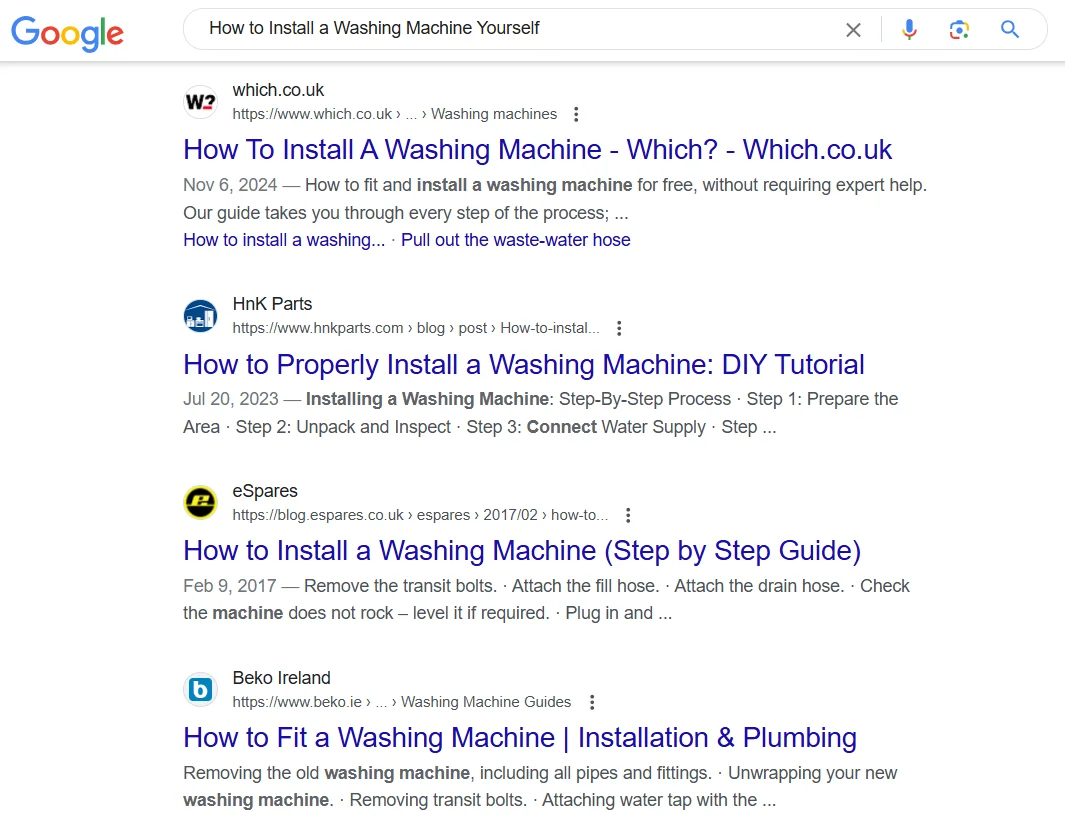
The most common format is practical guides, such as "How to Create Your Website for Business", "How to Choose the Perfect Mattress for Sleep", "How to Install a Washing Machine Yourself". These guides help people accomplish important tasks, making them frequently saved, reread, and shared with family and friends. The key is to include useful information, clear step-by-step instructions, and preferably photos and/or infographics.
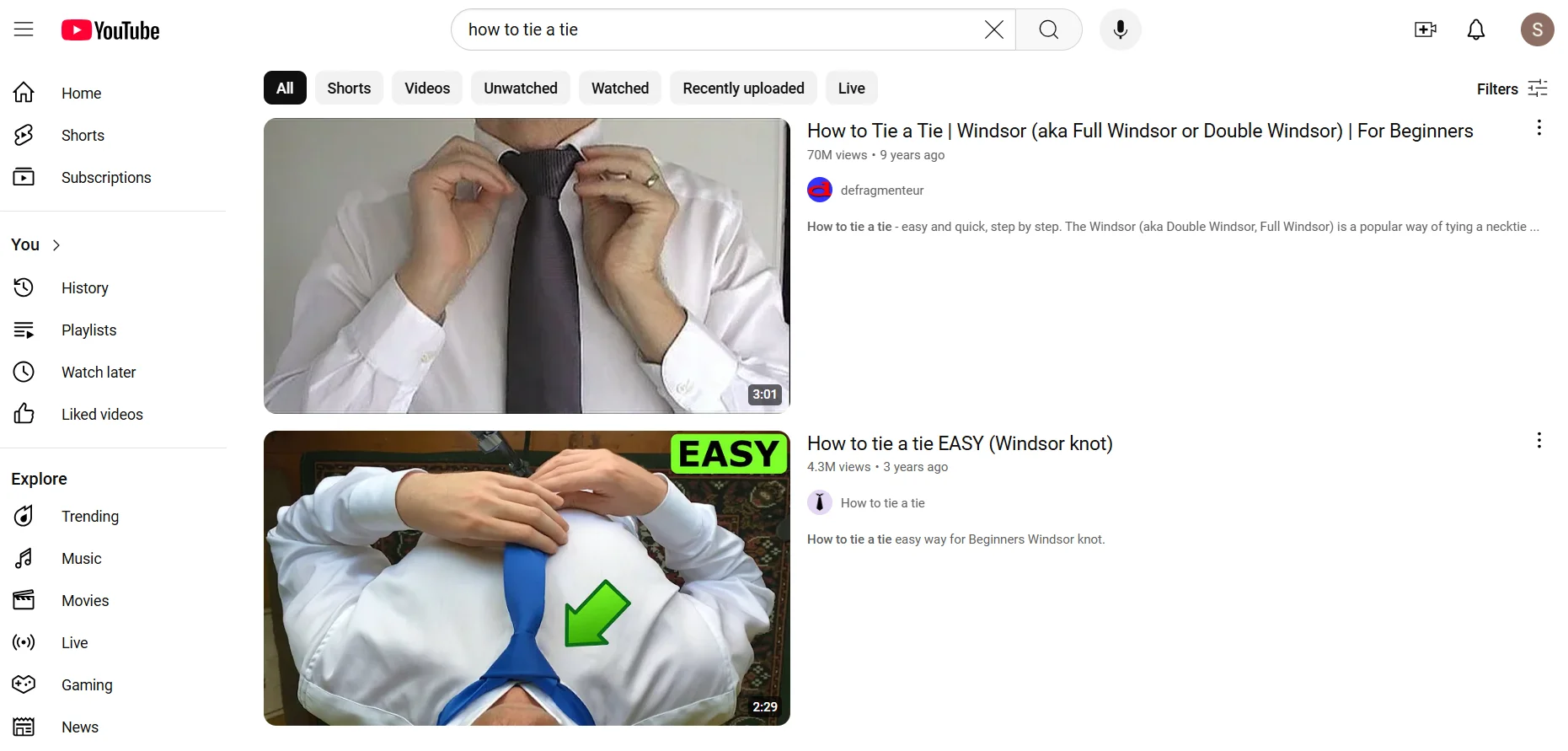
FAQs are another essential evergreen content format often used as a dedicated page on a website. For example, on our site, there is an FAQ section where users can find answers to questions about working with hosting, domains, virtual and dedicated servers, and more. If it’s a blog, you can create articles with detailed answers to frequently asked questions in your or related fields ("How to Tell If a Text Was Written by AI", "How to Tie a Tie", "Why Is My Laptop Freezing").
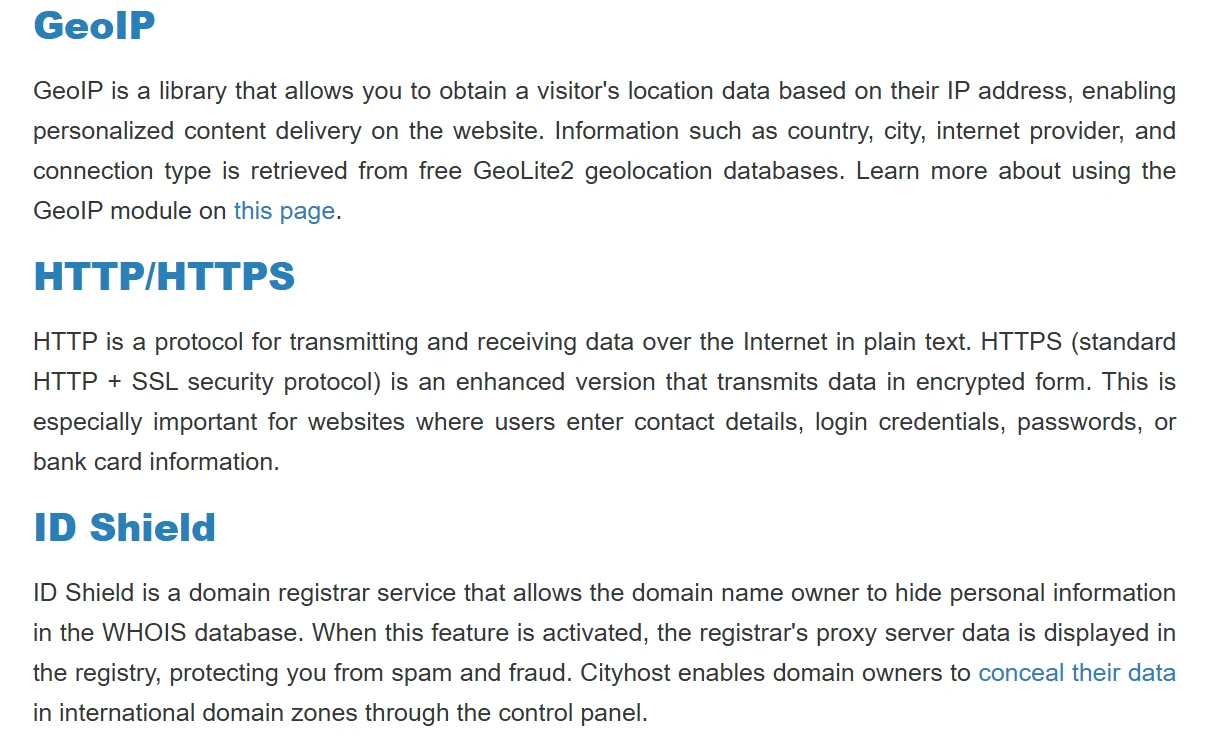
Special attention should be given to glossaries, which explain key terms related to a particular industry. It’s unlikely someone will remember all terms after one visit, so they’ll probably save the page and return to it repeatedly. These glossaries can provide brief yet clear explanations of terms, along with links to detailed FAQ articles. For example, you can explore how this is applied in articles like "Cityhost Glossary" and "A Beginner’s IT Dictionary".
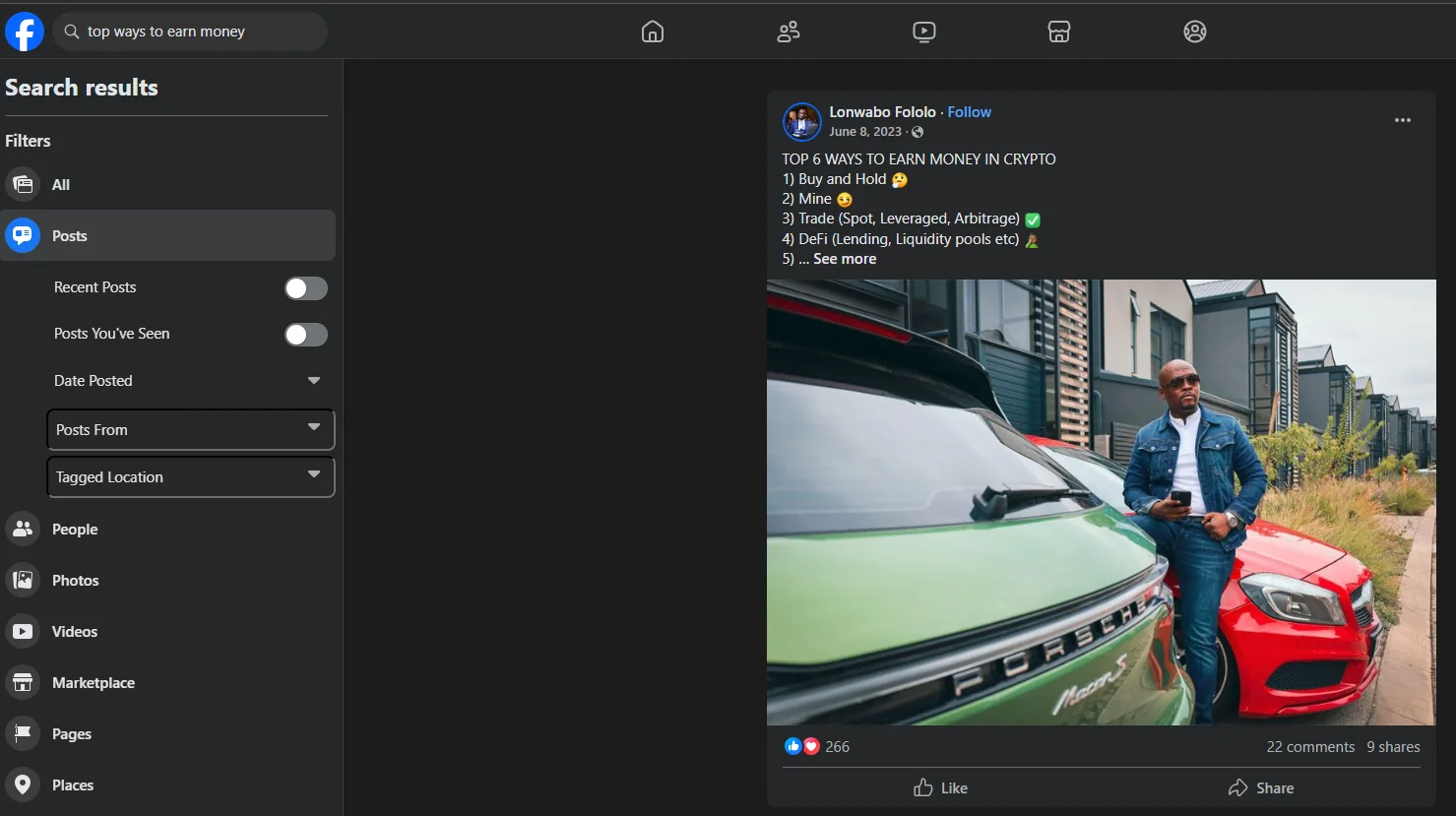
A popular evergreen content format is lists of tips and recommendations. For example, a single article like "10 Ways to Save Energy at Home", "Top 10 Documentary Videos About IT Technologies", "Top 7 Creative Ways to Make Money Online" can be broken into smaller parts and shared on social media, encouraging followers to visit your site for more information.
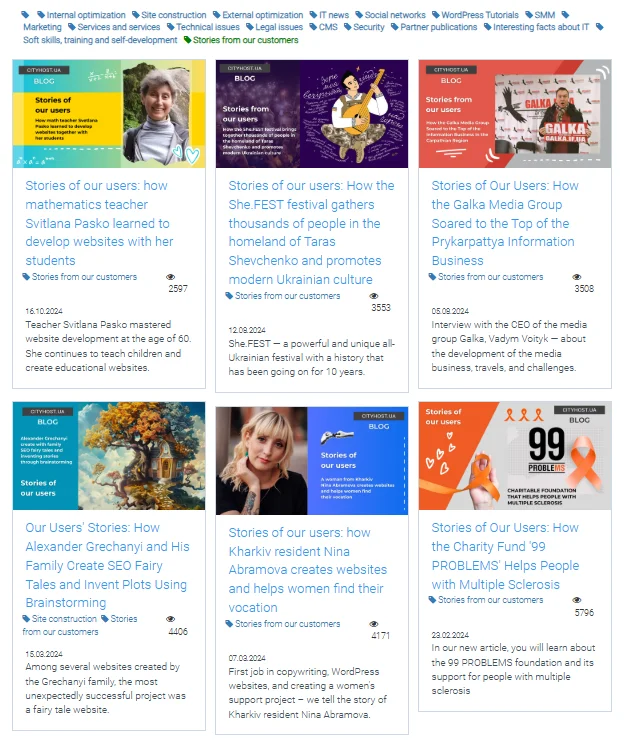
Evergreen content also includes case studies and real-life examples, as long as the information isn’t time-sensitive. To ensure practical examples and success stories remain relevant, they should offer long-lasting value with advice and lessons applicable at any time ("How a Business Implemented a CRM System and Increased Sales by 50%", "SEO Strategy Implementation: A Small Business Example", "How a Retail Chain Reduced Costs Through Logistics Optimization"). The Cityhost blog also features success stories that are not only interesting to read but also offer a wealth of useful information.
How to Find Topics for Evergreen Content
Your goal is to create material that readers will share with friends and save in bookmarks to revisit later. You can use many paid and free tools to find suitable topics, which we’ve grouped into two main methods for identifying evergreen content topics:
Audience Analysis
To create evergreen content, you need to understand your audience's queries, problems, or interests. For example, if you offer a repair service for household and digital appliances, a common problem is device overheating. This could lead to articles like "Why Is My Laptop Overheating and How to Prevent It" or "What to Do If Your Phone Is Overheating". By focusing on basic questions, you can often generate dozens of timeless topic ideas.
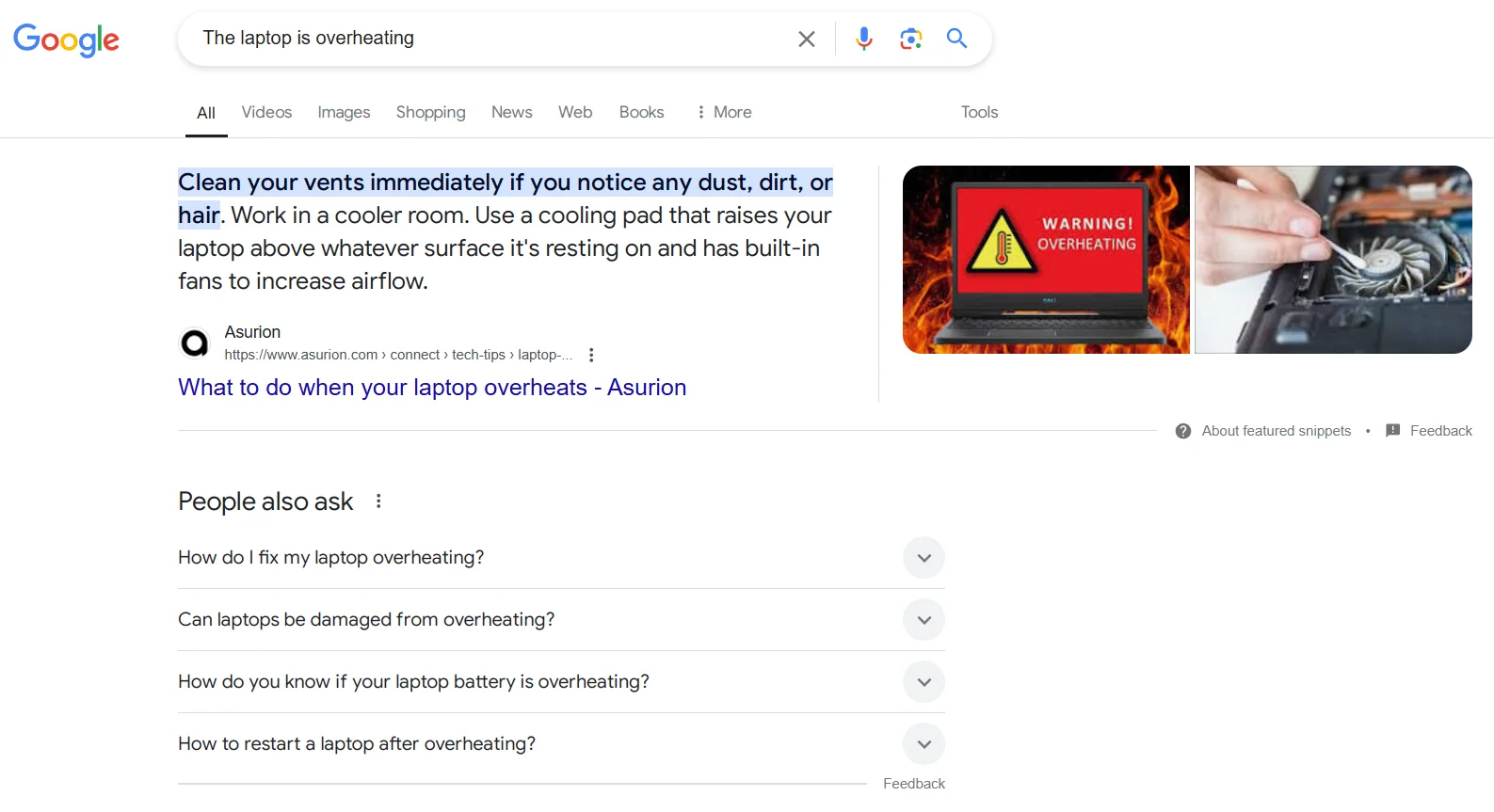
Additionally, you can use Google’s suggestions. For the keyword "the laptop is overheating" the search engine provides related questions, which could inspire articles that consistently drive traffic to your site.
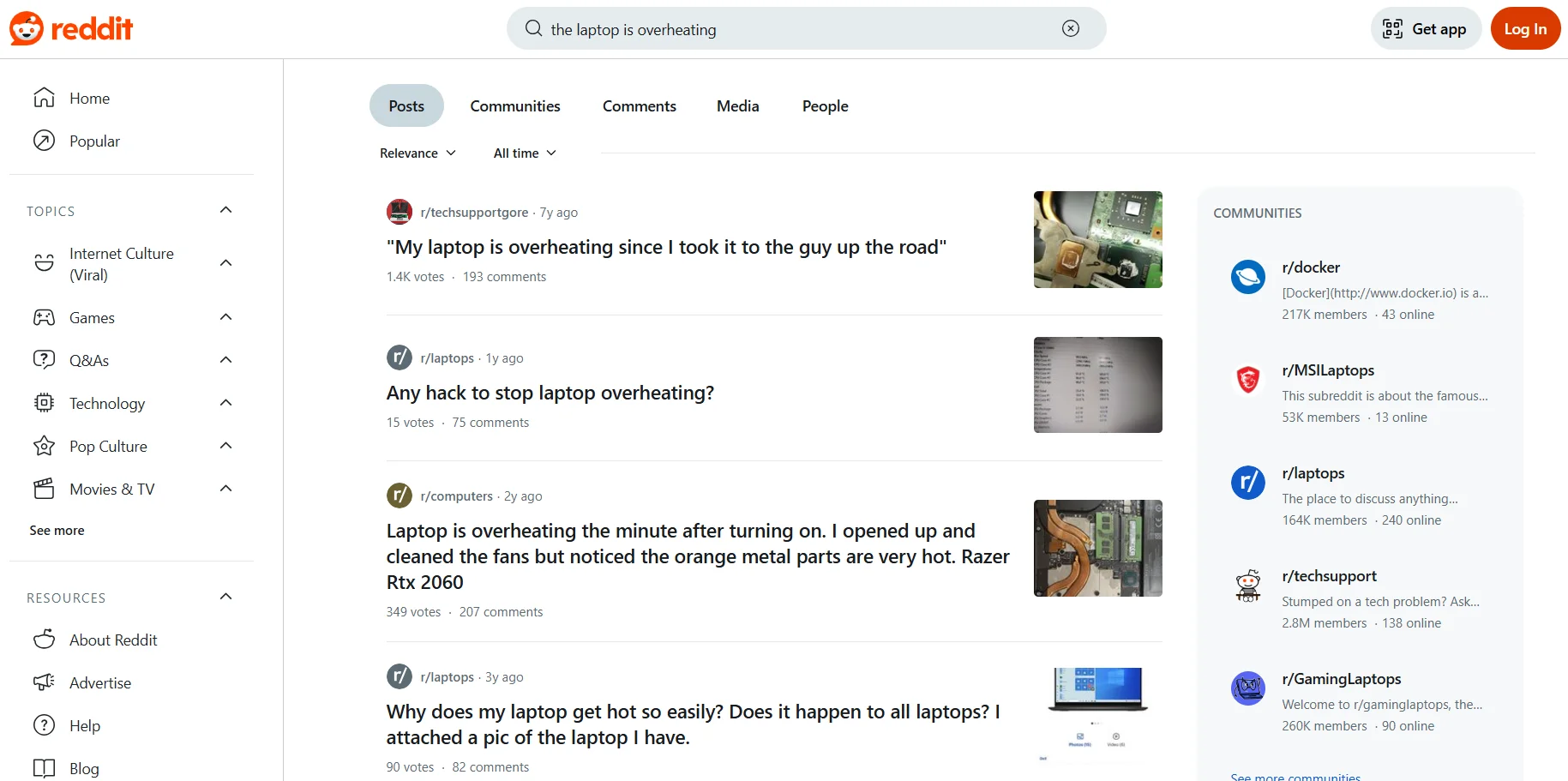
Social media and forums are also valuable tools for understanding your audience's concerns. Platforms like Facebook, Twitter, and Instagram host numerous thematic groups and pages where people actively discuss evergreen topics and ask questions you can address in articles on your site. Don’t overlook platforms like Quora, Reddit, or local forums, which are rich sources of ideas for evergreen content. These communities often highlight recurring issues and popular queries, making them excellent inspiration for creating long-lasting materials.
Competitor Analysis
In today’s world, it’s challenging for copywriters to create truly unique material, as answers to most questions already exist. However, thorough data collection and skillful analysis can help craft articles more engaging than those offered by competitors. To do this, you need to research the topics your competitors use to attract traffic and then create superior or enhanced content.
By entering key thematic phrases into Google, you can identify competitor websites. Then, review their FAQ sections and blogs, identify articles with the most views (comments, shares), and check for signs of evergreen content. Tools like Serpstat, SimilarWeb, Semrush, SeRanking, and Ahrefs can speed up the competitor research process. For a detailed overview of these tools, refer to our article on analyzing competitor website traffic.
Don’t forget to validate the chosen topic. For example, Ahrefs allows you to do this in a few clicks: go to the Keywords Explorer, enter a keyword, and check the Matching Terms report. Look for the trend graph to ensure the topic maintains consistent interest among your target audience (minor dips or peaks are acceptable).
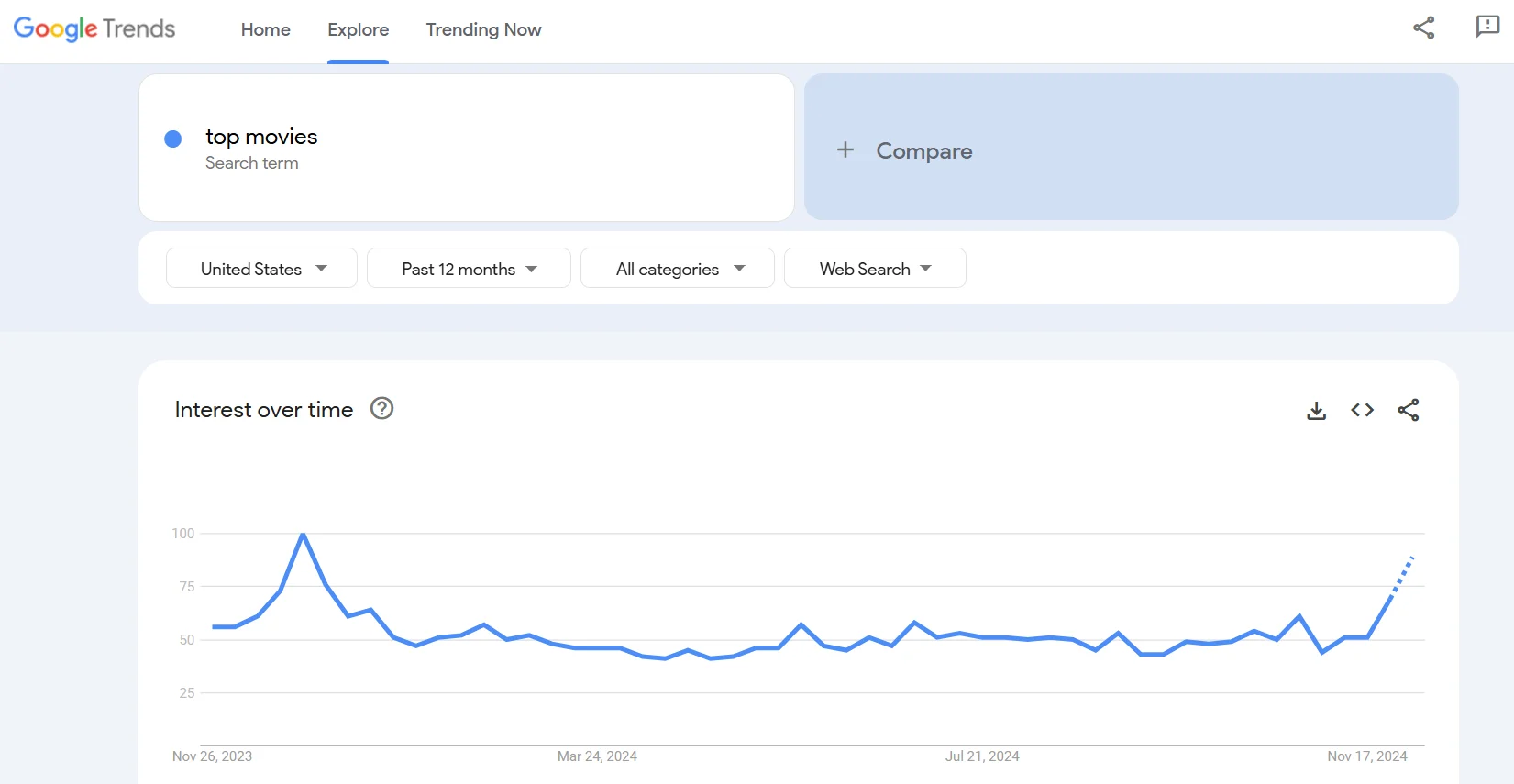
A simpler alternative is Google Trends. Enter the keyword, select a time frame (1 or 5 years is ideal), and analyze the graph.
Evergreen Content: A Key to Success or One Approach
Evergreen content is a powerful tool for long-term business growth. It ensures stable traffic, builds audience trust, and helps optimize marketing resources. A single article can attract target users for months and often years with minimal additional time and financial investment.
However, focusing solely on evergreen content isn’t ideal. Popular and seasonal topics are also crucial, as they generate significant traffic in a short period. These can include links to your evergreen materials. The right combination of evergreen, popular, and seasonal content will help consistently draw a large audience to your site!










